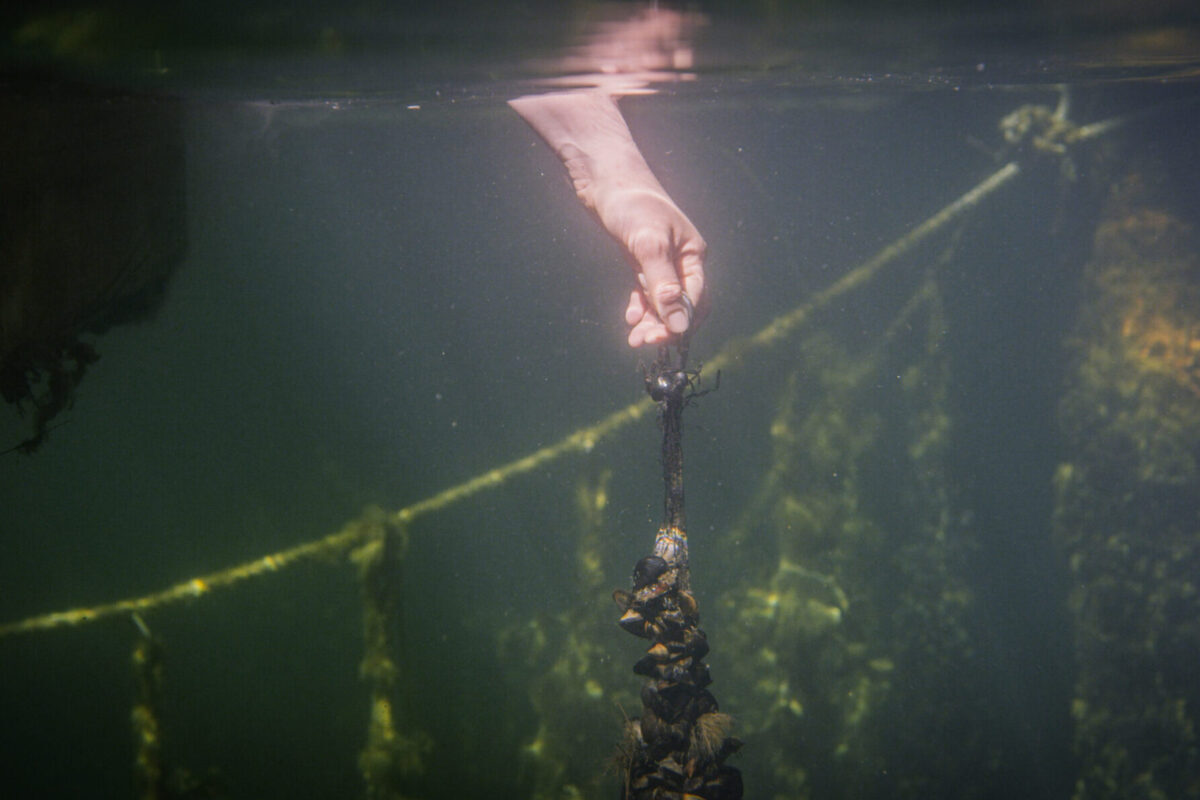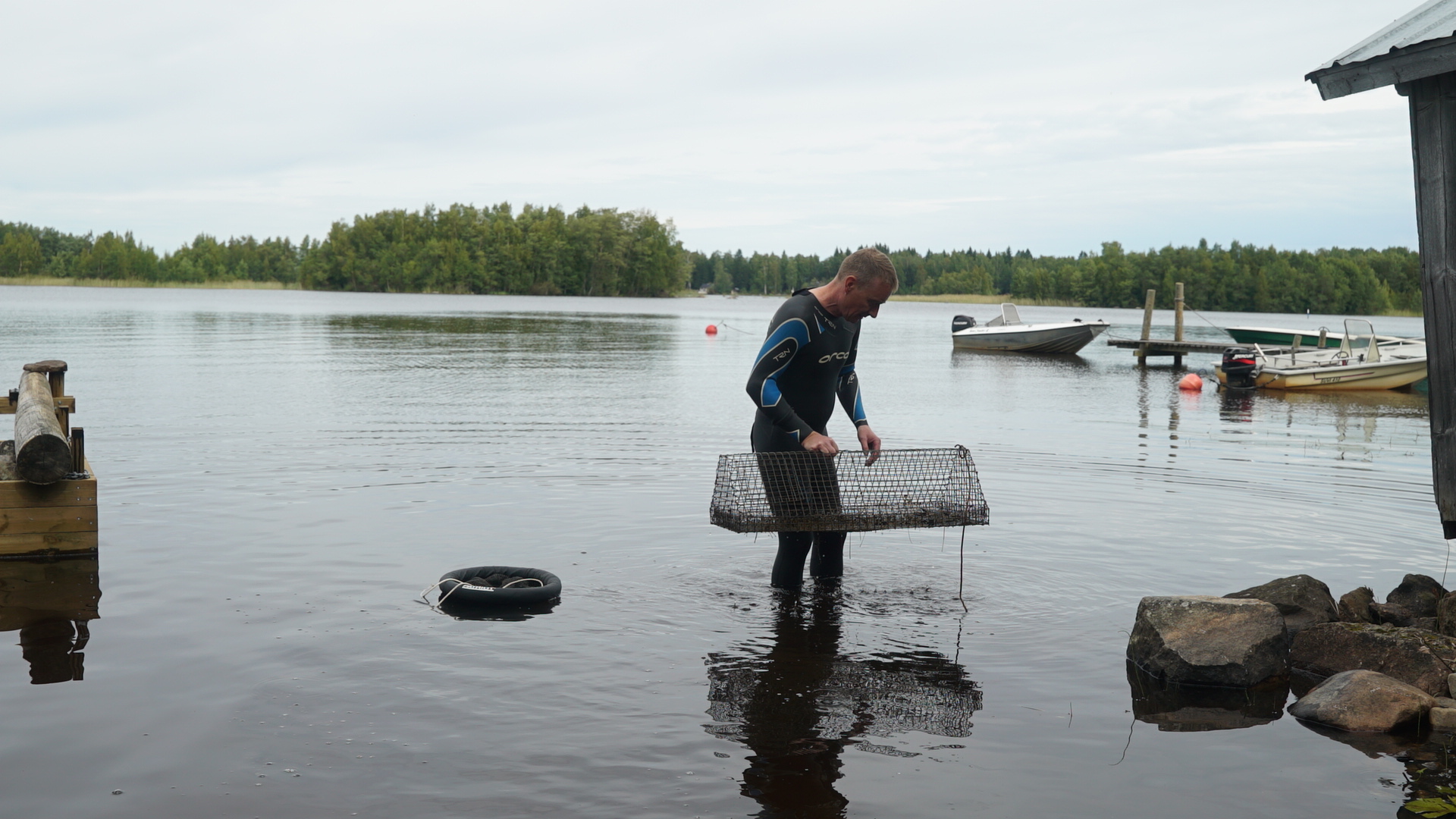Lesson 6: Licensing for Regenerative Ocean Farming
Introduction
Every regenerative ocean farm begins with a vision — but before the first buoy is placed in the water, it must pass through an essential step: licensing.
Licensing determines where and how farms can operate. It protects ecosystems, coordinates multiple uses of the sea, and ensures that new activities benefit both nature and people. Yet, for many small-scale ocean farmers, navigating permits and authorisations can feel daunting.
This lesson introduces the main principles behind ocean farming licenses, highlights what to expect, and points you toward reliable sources of national guidance and tools to help you on your journey.

Why Licensing Matters
The ocean is shared space. Fishing, shipping, recreation, conservation, and aquaculture all coexist within the same waters. Licensing helps balance these uses fairly and sustainably.
For regenerative farmers, licensing is more than a formality — it’s a way to align your project with the broader goals of marine stewardship. The process ensures that farms:
- Operate in suitable and safe locations,
- Avoid conflicts with other sea users,
- Protect sensitive habitats and species,
- Comply with national and EU regulations, and
- Deliver environmental and social benefits.
The Common Licensing Framework
Through the Cool Blue project, partners from across Europe developed a Common Licensing Framework (CLF) — a shared understanding of how regenerative aquaculture can be authorised in a fair, simple, and transparent way. The framework identifies the essential steps that most farmers will encounter, even if national details differ:
- Site Identification – Finding a suitable area that meets environmental, logistical, and social criteria.
- Initial Screening – Checking early whether your project fits national or local marine plans and protected areas.
- Application Preparation – Preparing your documents, including site maps, technical descriptions, and environmental assessments.
- Submission and Review – Sending your application to the relevant authorities for evaluation and possible consultation.
- Public and Stakeholder Consultation – Ensuring that local communities, users, and regulators can comment or raise concerns.
- Decision and Permit – Receiving approval (or requests for modification) and the official license to operate.
- Monitoring and Renewal – Demonstrating that your farm operates as promised and renewing your license when needed.
While each country has its own authorities and procedures, these steps form a shared backbone that applies widely across Europe. To find out exactly how the current procedures for getting licensing in place are in your country, we urge you to reach out to your national Cool Blue facilitator organisation.
Principles of Good Licensing
The Cool Blue framework promotes several principles that make the licensing process more inclusive and effective:
- Transparency – Clear communication of rules, timelines, and responsibilities.
- Proportionality – Requirements that match the scale and impact of the project, so small farms aren’t treated like industrial ones.
- Integration – Coordination between agencies for smoother approvals.
- Participation – Involvement of local communities and other sea users in decision-making.
- Adaptive Management – Licenses that can evolve with experience, data, and changing conditions.
These principles ensure that licensing supports rather than hinders regenerative innovation.
Where to Start
Licensing begins locally. Each country has its own authorities responsible for coastal planning, environmental assessments, and aquaculture permissions. To find out what applies in your area, visit the national facilitator page for your country.
The facilitator can provide you with the main contact points and responsible agencies, step-by-step guidance for starting an application, examples of recent farm approvals, and links to templates and legal resources. If you are unsure where your idea fits, reach out to your national facilitator early. They can help you interpret local rules and connect you with relevant partners or municipalities.
Tools and Resources
For more detailed insights, the Licensing Toolkit developed through the EU’s Maritime Forum provides a broader overview of the European context: Licensing Toolkit: General Considerations and Learnings. This resource offers examples of national systems, lessons from past projects, and best practices for simplifying the licensing of innovative marine activities — including regenerative aquaculture.
Practical Advice for Farmers
If you are planning your first regenerative ocean farm, here are a few key steps to stay on track:
- Start Early – Licensing can take several months. Begin inquiries before ordering equipment.
- Engage Locally – Talk to fishers, recreational users, and municipalities. Early dialogue builds support.
- Keep it Proportional – Small-scale farms can often apply for simplified permits; make sure to highlight your low-impact approach.
- Document Everything – Keep clear records of communications, site data, and environmental assessments.
- Stay Adaptive – Conditions may change; be ready to adjust your design or practices.
Licensing is not a barrier but a design process — one that ensures your farm becomes part of a healthy, shared seascape.

Reflection
What permissions would your own farm likely need? Who could help you navigate them — a local municipality, a research partner, or your national facilitator? Could your project even help test or improve your country’s licensing system for small-scale regenerative aquaculture?
Key Takeaways
Licensing is the foundation for a responsible and enduring regenerative ocean farm. It ensures that farms operate safely, sustainably, and in harmony with their surroundings.
While the details differ by country, the principles are universal: transparency, fairness, and participation. Use national facilitator pages for the latest local information — and explore the EU Licensing Toolkit for deeper learning.
When approached early and proactively, licensing becomes not a hurdle, but a pathway to legitimacy, trust, and regeneration.
